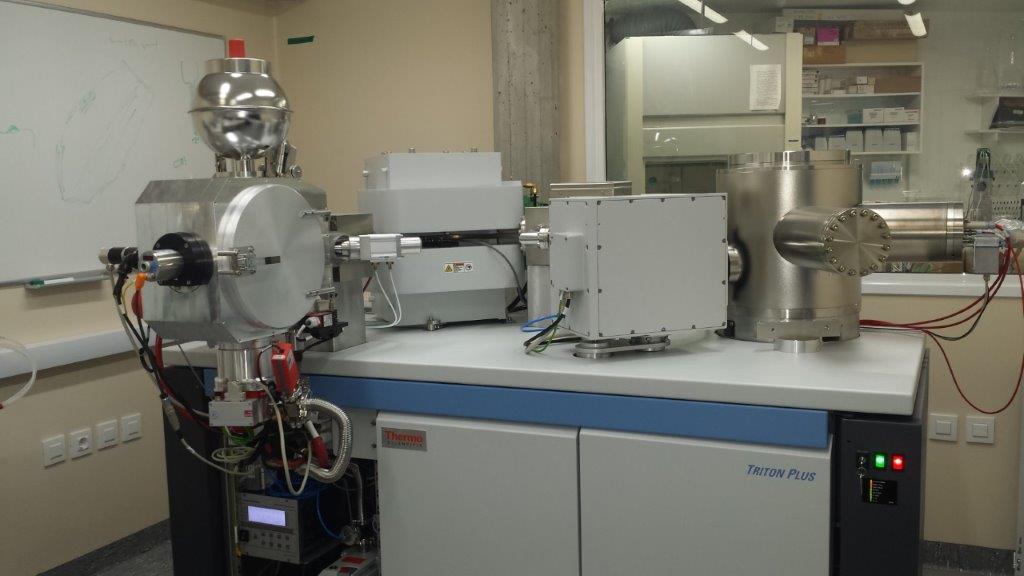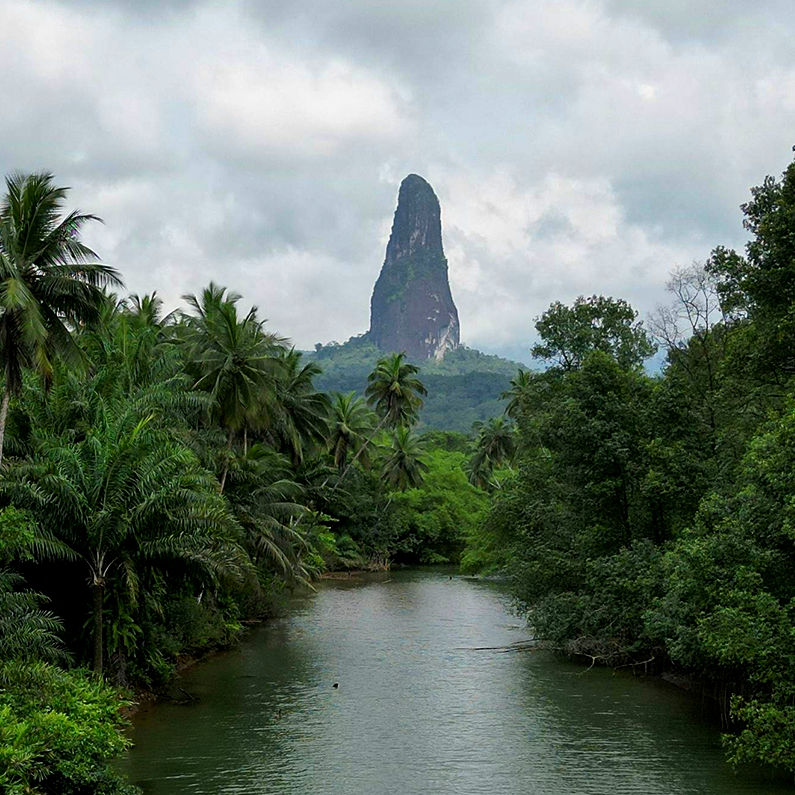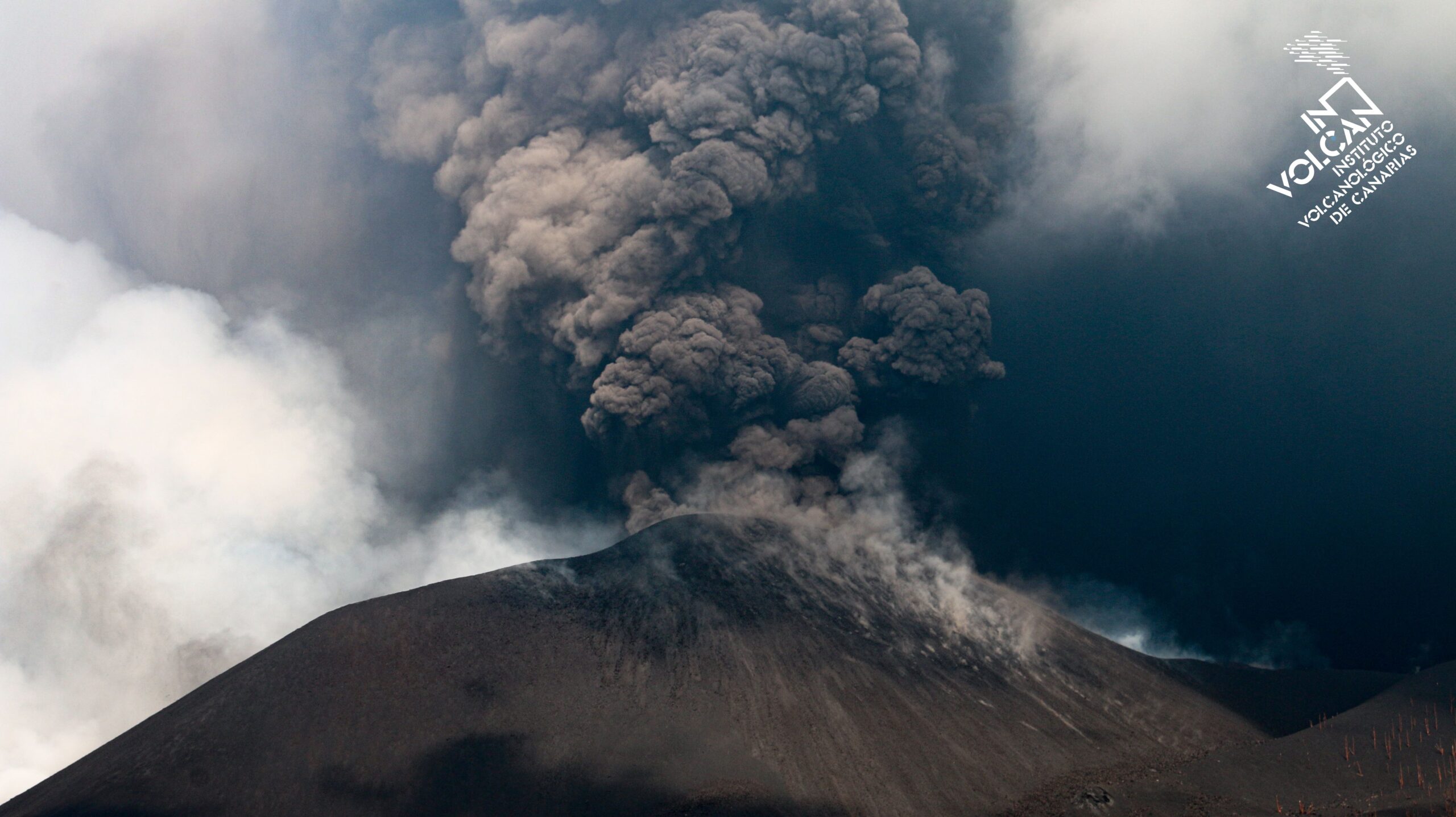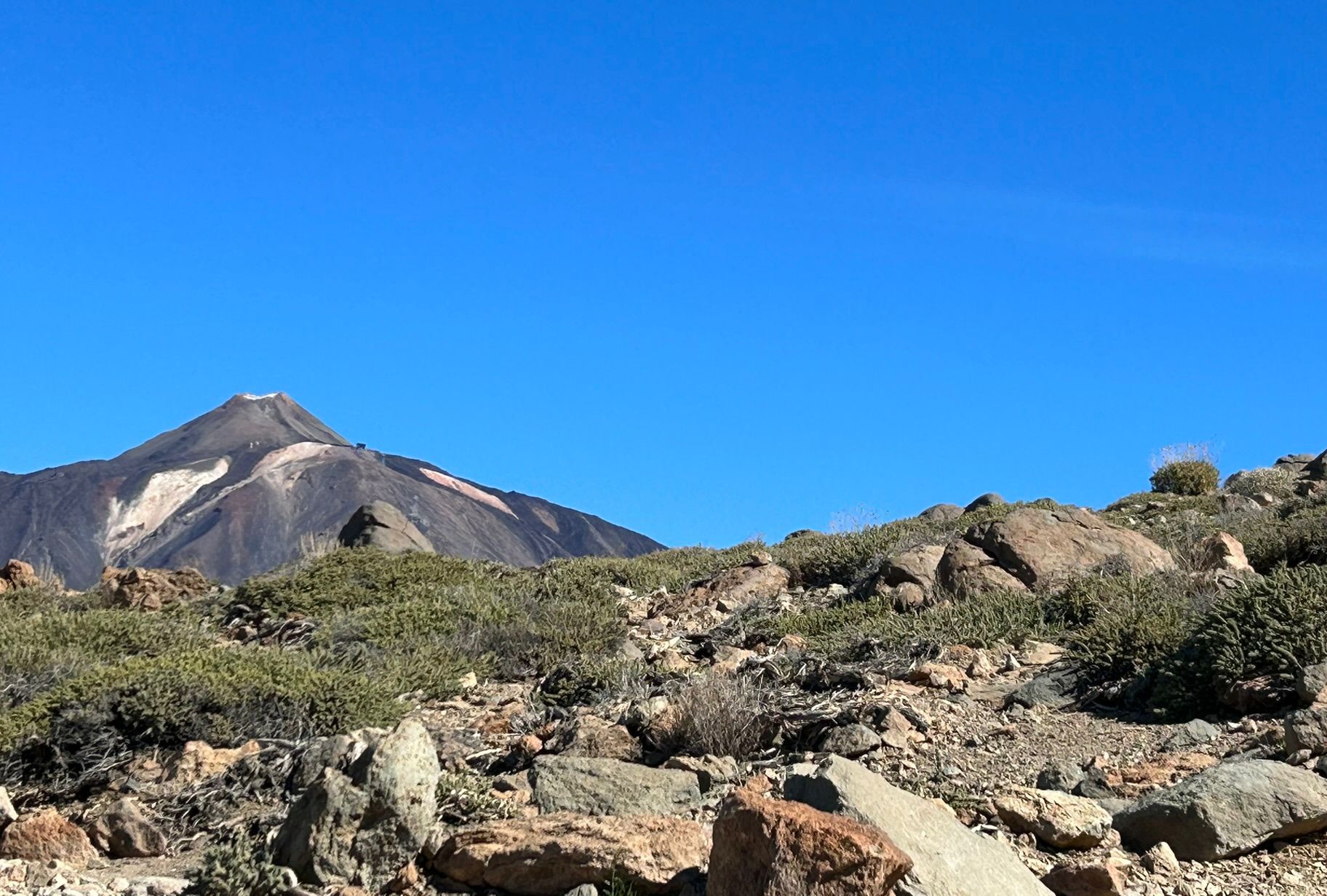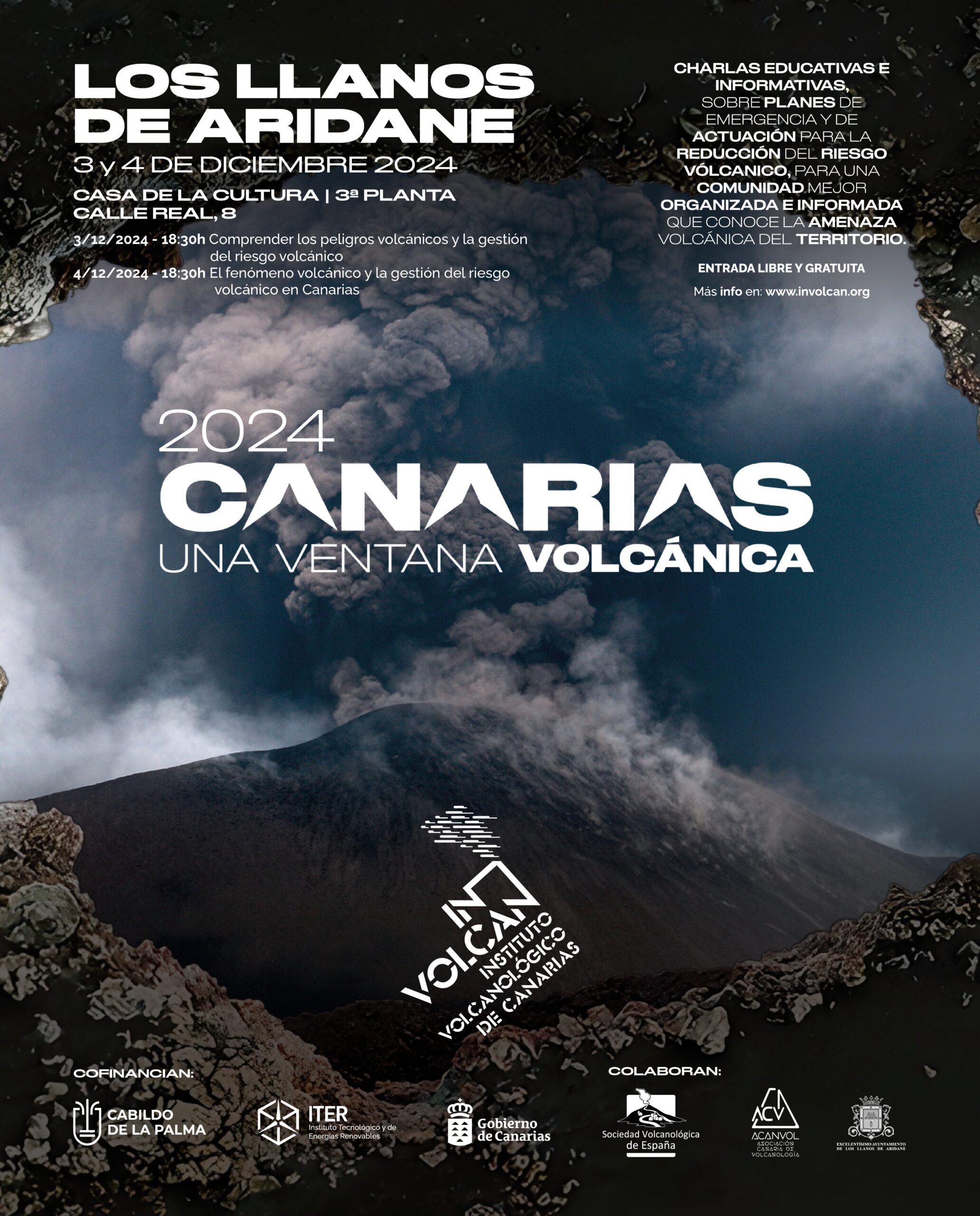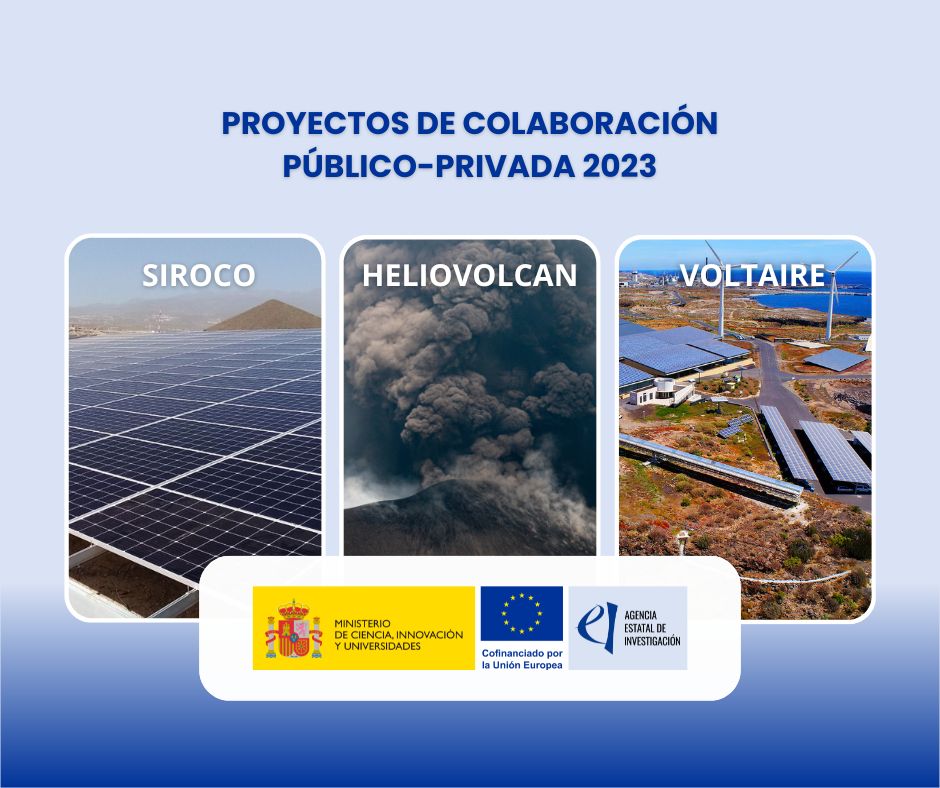TFVINOS – APPLICATION AND USE OF STRONTIUM ISOTOPE SYSTEMATICS AS A ‘FINGERPRINT’ OF THE WINES OF TENERIFE
Project overview
The project ‘APPLICATION AND USE OF STRONtium ISOTOPIC SYSTEMS AS A “DACTIFIC FINGERPRINT” FOR TENERIFE WINES’ is part of the Strategic Framework for Island Development (MEDI) 2016-2025, and is co-financed by the Tenerife Innova Programme 2016-2021 coordinated by the Tenerife 2030 Area of the Tenerife Island Council and by the Canary Islands Development Fund (FDCAN).
The project aims to establish the application of strontium isotope systematics (87Sr/86Sr) as a potential and effective tool to determine the origin, traceability and authenticity of Tenerife wines. This project aims to comply with the Designation Control Law that regulates the use of regional names for wines and to guarantee their origin through established chemical methodologies in order to provide a guarantee of quality to consumers.
Concern for food security and the environment is a priority for advanced societies, which need to accelerate a technological transition that promotes a sustainable economy and enables them to meet the environmental, economic and social challenges related to: (a) sustainable production and management of agriculture, livestock, aquaculture, forest resources and fisheries, the agri-food chain and its traceability, crop and forest protection, animal health and welfare, biomass production and transformation, and climate change mitigation and adaptation; (b) the growing demand for healthier, safer and higher quality food and bio-products for non-food and energy use. The aim of this project is to establish a traceability system that is more demanding than those defined by the legislative framework for food hygiene or agri-food quality and that favours an increase in the competitiveness of companies linked to the wine industry.
In the framework of this project, the ITER fluid geochemistry laboratory will be equipped with a thermal ionisation mass spectrometer (TIMS) for the determination of isotope ratios (87Sr/86Sr), which will be the first instrument of its kind in the Canary Islands. At present, the laboratory already has the instrumental capabilities to analyse the strontium (Sr) content of Tenerife wines using an Inductively Coupled Plasma Optical Emission Spectrometer (ICP-OES). The wine samples, as well as their main characteristics, for subsequent chemical (Sr content) and isotopic (87Sr/86Sr) analysis will be provided by the five denominations of origin established in Tenerife. It is also intended to recruit two PhD graduates, one with experience in the use of thermal ionisation mass spectrometry (TIMS) and a second with experience in the use of Inductively Coupled Plasma Mass Spectrometry (ICP-MS).
Links of interest:


